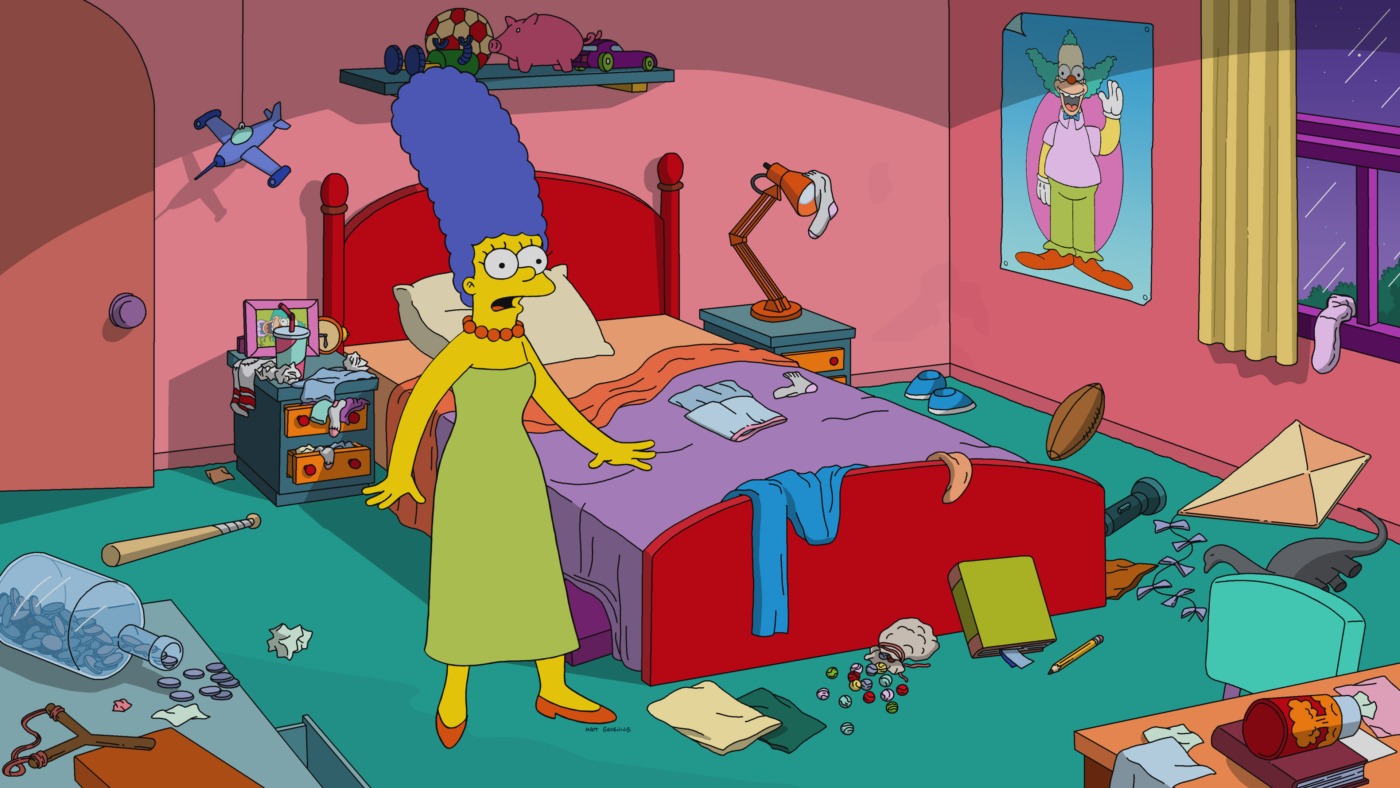“D’oh!”: whatever happened to ‘The Simpsons’?
“Yes, the Simpsons have come a long way since an old drunk made humans out of his rabbit characters to pay off his gambling debts” says Troy McClure in ‘The Simpsons 138th Episode Spectacular’. “Who knows what adventures they’ll have between now and the time the show becomes unprofitable?” In recent years there’s been plenty of talk about how The Simpsons kept predicting the future, supposedly foreseeing everything from the discovery of the Higgs boson to President Trump. But McClure’s line seems weirdly the most prophetic. How has The Simpsons, once one of the smartest comedies ever made, managed to stay on TV for so long despite becoming so uninspired, mundane, and irrelevant?
In his popular video, ‘The Fall of The Simpsons: How it Happened’, YouTuber Super Eyepatch Wolf argues that earlier seasons were successful for three reasons: at the height of its popularity, The Simpsons always managed simultaneously to be satirical, comedic, and heartfelt. It’s hard to disagree. No television programme has ever truly made me cry, but the ending of 1995’s ‘Mother Simpson’ certainly got the closest, where Homer silently sits on his car looking up at the sky as his mother is forced to leave him once again. And yet, no other programme has ever made me laugh like I did at the ‘Stop the Planet of the Apes, I Want to Get Off!’ musical, any scene with Hank Scorpio and yes, even the infamous ‘Steamed Hams’ bit. This was a show that even took on the US President. After George HW Bush’s announced his desire to “make American families a lot more like the Waltons and a lot less like the Simpsons”, the show not only made fun of him but turned him into a character for 1996’s ‘Two Bad Neighbors’. It was not just one of the funniest shows available, but one of the most emotional and popular.
In 2021 though, ask anyone to describe a Simpsons story from the last decade or so and they’d probably struggle to tell you anything
In 2021 though, ask anyone to describe a Simpsons story from the last decade or so and they’d probably struggle to tell you anything. Other than a few headlines about changing voice actors and the fact they’d made it to their thirty-first season, no one really talks, or indeed cares, about The Simpsons anymore. My greatest problem with The Simpsons is that it seems to have nothing important to say anymore. Early episodes would explore topics like death, depression or the brutal nature of work and school. It would take a problem affecting 1990s post-Cold War America and not only make you laugh but think as well. Decades later, we still might recognise the Simpson family from pictures, but we seem to have fallen out of contact. We might wonder what they are getting up to, but we rarely check in on them.
Compare an episode like season 5’s ‘Bart Gets Famous’ to season 23’s ‘Lisa Goes Gaga’. The first one is a surprisingly self-aware piece about the dangers of fame, and how cruel the entertainment industry can be. The latter… has Lady Gaga in it? One of the most popular musicians of the 21st century meets one of the most famous families in the world… and almost nothing memorable happens. True, early seasons would also occasionally use celebrity voices, such as Leonard Nimoy, Patrick Stewart, or George Harrison. But they all had a reason to be there, and the episodes they starred in had more to say than just ‘oh look, Homer meets yet another celebrity’. The Simpsons is no longer critical of the world around it like it once was. Viewers have no real reason to watch it other than nostalgia. It doesn’t make them laugh, or think, or cry. It just… exists.
It’s far from the worst show on TV, but you can’t help but wonder whether The Simpsons should have quit whilst they were ahead
‘Homer’s Enemy’ in season 8 is, I think, the point where the show should have realised it needed to change. Frank Grimes walks into the Simpsons’ house and is confused as to how a lower middle-class family could own a house that big. Homer then lists off his achievements, including his trip to space and his numerous encounters with the rich and famous. The show by this point could not pretend its characters were everyday Americans struggling to get by, because they no longer were. They were celebrities.
As Super Eyepatch Wolf points out, The Simpsons offered something very different to late 1980s, upbeat, docile, upper middle-class TV family sitcoms. But as the 1990s went on, The Simpsons was no longer part of counterculture. It was part of mainstream society. It too was then destined to be mocked and eventually replaced, only surviving because of past glories and profit. Rather than doing anything new with its celebrity status, it became as bland and unimaginative as the sitcoms it replaced. It’s far from the worst show on TV, but you can’t help but wonder whether The Simpsons should have quit while they were ahead.

Comments